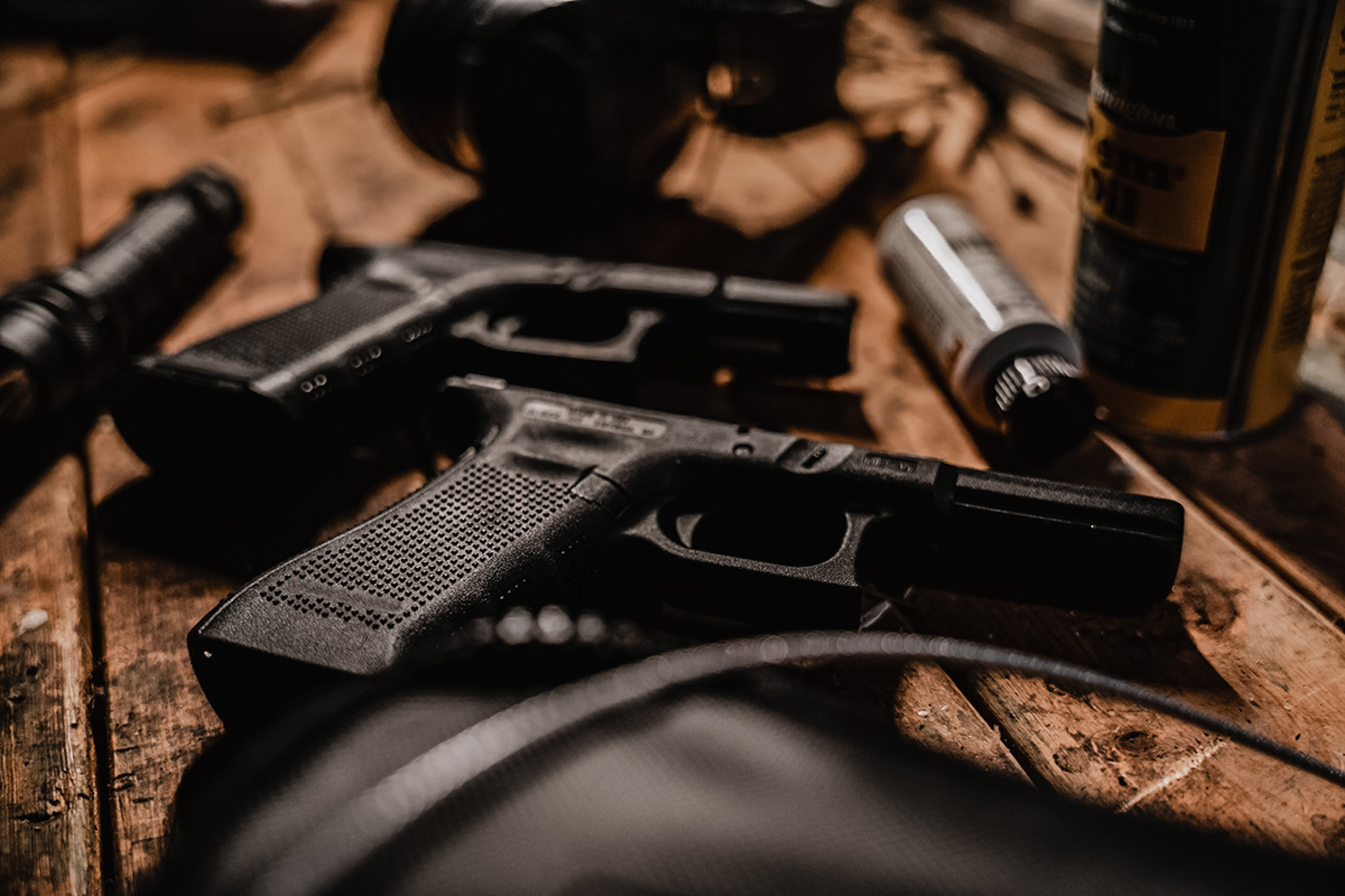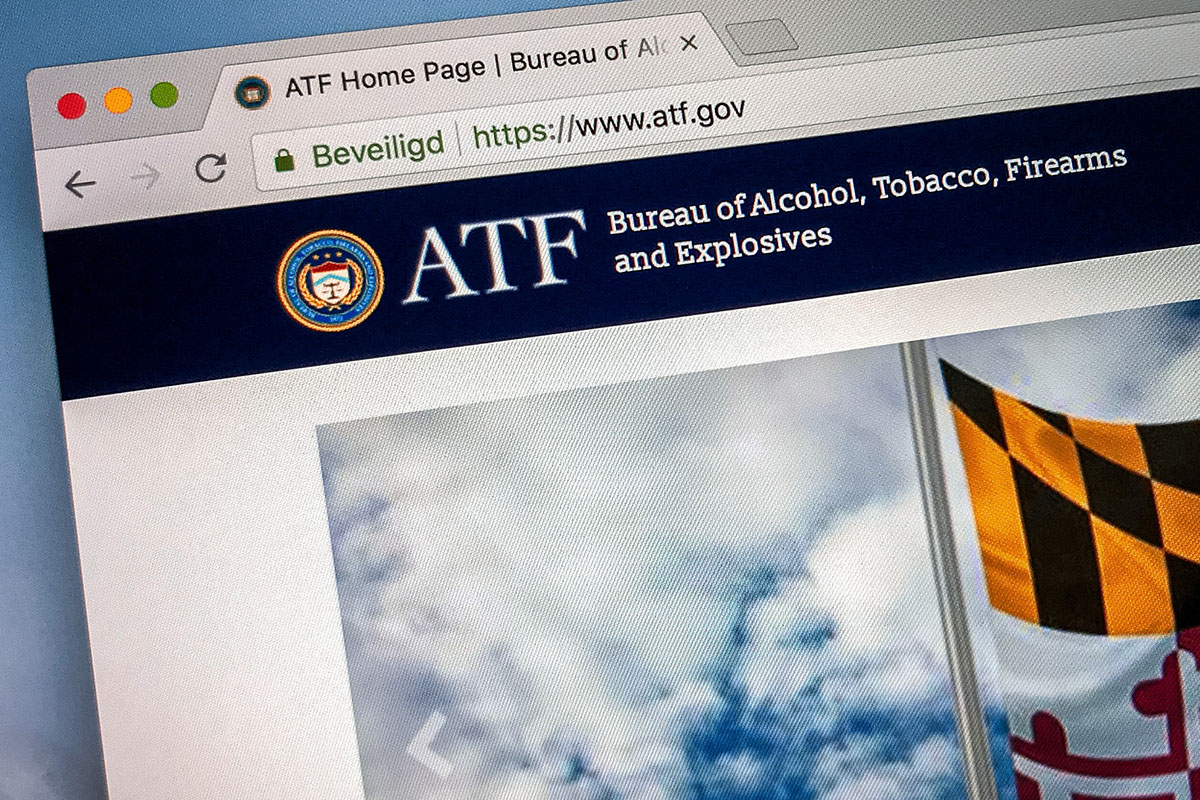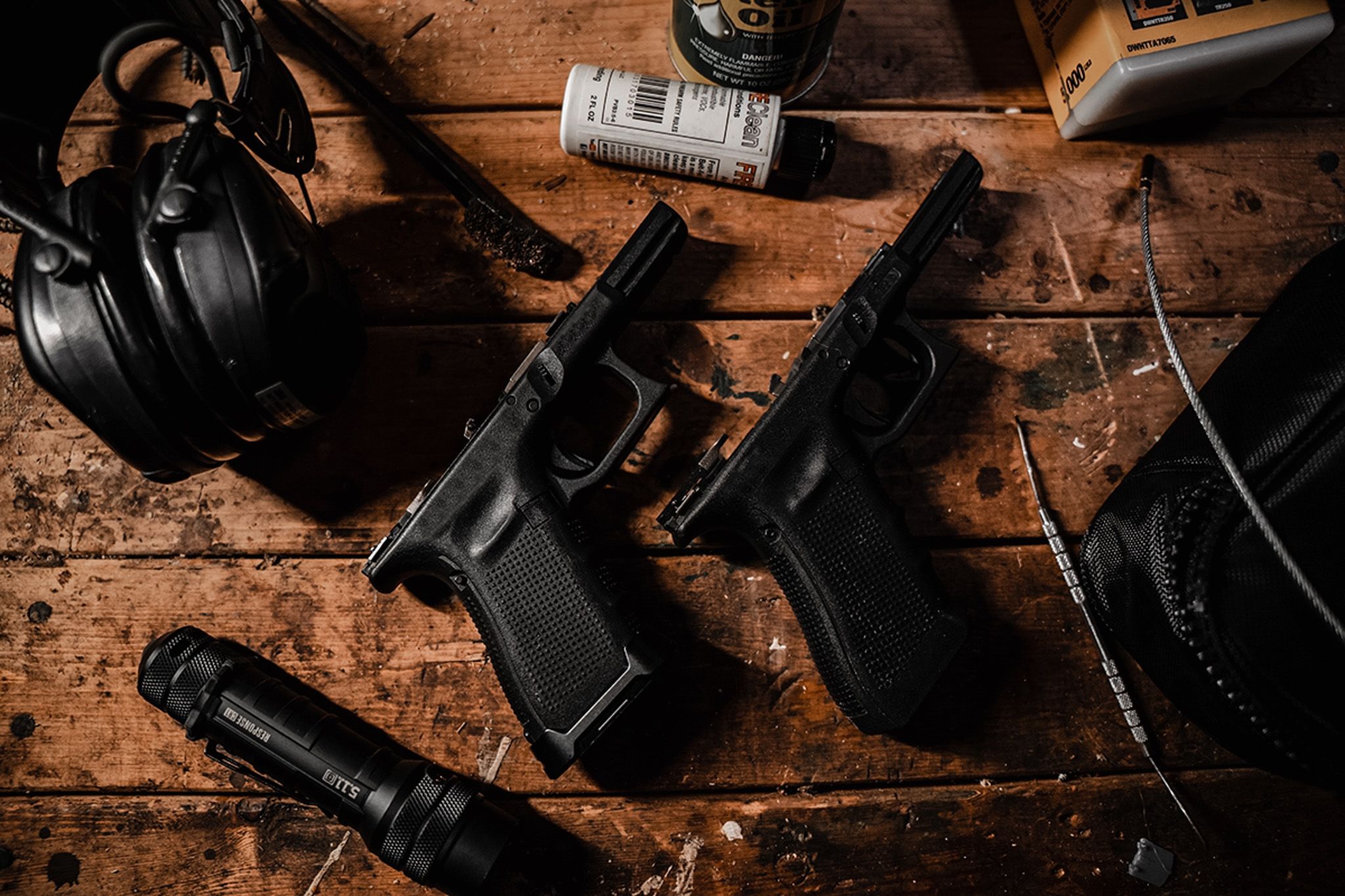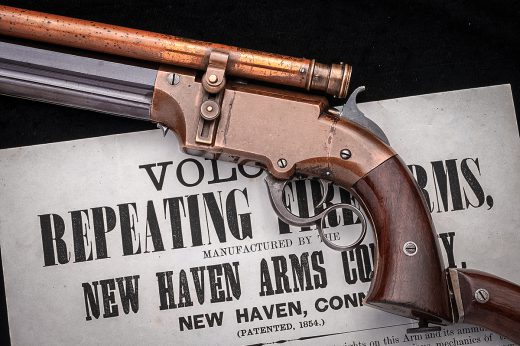It looks like the fight between the ATF and makers and users of unfinished lowers and frames isn’t quite over. A judge just dealt the feds a considerable blow and gave Polymer 80, a gunmaker that primarily deals in 80% pistol frames, a big win that will let them stay in business for the time being.
On Sunday, March 19, without any fanfare, U.S. District Judge Reed O’Connor suspended enforcement of key provisions of a recently published ATF rule that changed the longstanding definition of a firearm receiver and banned the sale of so-called “ghost gun” part kits.

The recent March 19 Polymer80 v. Garland ruling granted a temporary restraining order and a preliminary injunction, allowing the plaintiff – Polymer80 – to resume the sale of specific components the ATF had previously classified as “firearms.” The ruling also prevents the ATF from taking legal action against Polymer 80 customers.
Second Amendment advocates characterize the verdict as a blatant smackdown of ATF overreach and a harbinger of legal reversals awaiting the anti-gun Biden administration and similarly emboldened Democrats around the country.
“With so many challenges to this rule spread across the country, we are very optimistic that, if necessary, we can take this battle all the way to the Supreme Court.”
— Aiden Johnston, Gun Owners of America
“It’s an exciting development in the fight against this illegal frame and receiver rule,” Aidan Johnston told Free Range American. Johnston is the director of federal affairs for Gun Owners of America (GOA) and said his nonprofit organization is pleased with the ruling. “[The rule] is being used to serialize homemade firearms and eventually bolster the growing database of firearm owner transaction records in the illegal ATF gun registry.”
Though not directly involved in the Polymer 80 case, GOA has its own challenge to the same ATF frame and receiver rule currently pending before the 8th Circuit Court of Appeals.
“With so many challenges to this rule spread across the country, we are very optimistic that, if necessary, we can take this battle all the way to the Supreme Court,” Johnston said.
READ NEXT – Biden’s Gun Control Executive Order Is Mostly Hot Air
At the Heart of Matter: The Definition of a Firearm
The matter began when the ATF published its Final Rule in April 2022, which dramatically altered the decades-old definition of a firearm to include unfinished lower receivers, handgun frames, and similar products dubbed by anti-gunners as “ghost gun” kits because they aren’t serialized and, before the rule change, could be purchased without a transfer through an FFL.
The Gun Control Act (GCA) of 1968 defines a firearm as:
- Any weapon (including a starter gun) which will or is designed to or may readily be converted to expel a projectile by the action of an explosive
- The frame or receiver of any such weapon
- Any firearm muffler or firearm silencer, or
- Any destructive device.

Congress empowered the Attorney General to enforce the GCA’s provisions, which, in turn, delegated that authority to the ATF.
Soon after, the ATF defined a frame or receiver as the “part of a firearm which provides housing for the hammer, bolt or breechblock, and firing mechanism, and which is usually threaded at its forward portion to receive the barrel.”
That definition remained in place for over half a century — until last April, when the agency made an abrupt change. Before that date, the established definition of a firearm treated “frame” and “receiver” as different names for the same component.
The new rule – 27 CFR § 478.12(a)(1), (a)(2) – assigned the term “frame” to handguns and “receiver” to any firearm other than a handgun (such as rifles and shotguns).

“This means that they must have serial numbers so that law enforcement can trace if they are used in crimes like other guns, and also that those engaged in the business of selling them must be licensed dealers and run background checks,” said Steven Dettelbach, director of the Bureau of Alcohol, Tobacco, Firearms, and Explosives (ATF), in a statement.
To muddy the waters even further, the ATF decided to apply the rule to partial frames and receivers as well, including nonfunctional frame or receiver parts kits that can be “readily completed, assembled, restored, or otherwise converted to function as a frame or receiver.”
But the bureaucrats weren’t done yet. The rule expanded the criteria of what constitutes a frame or receiver to include “associated templates, jigs, molds, equipment, tools, instructions, guides, or marketing materials” included with these kits.
GOOD GEAR – Get Rare Coffees From Around the World With BRCC Coffee Subscription
Enter Polymer 80
On Dec. 22, 2022, approximately three months after publishing the Final Rule, ATF issued an open letter identifying specific manufacturers and products likely subject to the new guidelines.
According to court records, Nevada-based Polymer80 received a letter from the ATF indicating several of the company’s products had been reclassified as firearms under the GCA. Consequently, Polymer80 was instructed to “discontinue sales of unfinished-frame kits and unfinished frames as […] currently designed.”
Ironically, on at least three occasions over the past eight years, the ATF specifically evaluated similar Polymer80 products and determined, in writing, they did not meet the definition of a firearm.
Less than two weeks later, after receiving the ATF notification letter, Polymer80 filed its suit against the feds seeking injunctive relief. At the same time, the firm sought to intervene in another similar lawsuit (VanDerStok v. Garland), which sought an expanded national injunction.

In its own case, Polymer80 used the following claims to challenge the legality of ATF’s Final Rule and subsequent guidance letters:
- “ATF has exceeded its statutory authority by creating and implementing a new definition of ‘firearm’ [that] contradicts the plain language of the Gun Control Act,” and that ATF’s attempts to implement the regulation are arbitrary and capricious. (Plaintiffs shared this same concern in the VanDerStok case.)
- The Final Rule violates Polymer80’s First Amendment rights because the regulation “is a content-based restriction on protected speech” that cannot pass strict scrutiny.
- The Final Rule, in conjunction with the ATF letters, violates Polymer80’s Second Amendment rights by regulating constitutionally protected conduct “in a way that is inconsistent with the Nation’s historical tradition of firearm regulation,” contrary to Supreme Court precedent.
- The Final Rule, in conjunction with the ATF letters, violates Polymer80’s Fifth Amendment rights because they “effectuate a regulatory taking without just compensation” and deny due process as impermissibly vague.
Judge O’Connor ruled Polymer80 is entitled to preliminary injunctive relief, indicating the provisions in the ATF’s rule are “likely unlawful.”
“In keeping with the [injunctive] relief this Court has afforded to other similarly situated manufacturers,” wrote O’Connor. “The Court also extends the injunction to Polymer80’s customers, who must be willing to transact business with Polymer80 without fear of criminal liability, in order for Polymer80’s relief to be effective.”
The ATF is likely to appeal the Polymer80 decision.
READ NEXT – Compliant CCW Guns? Springfield Drops 10-Round Hellcat Pro










Comments